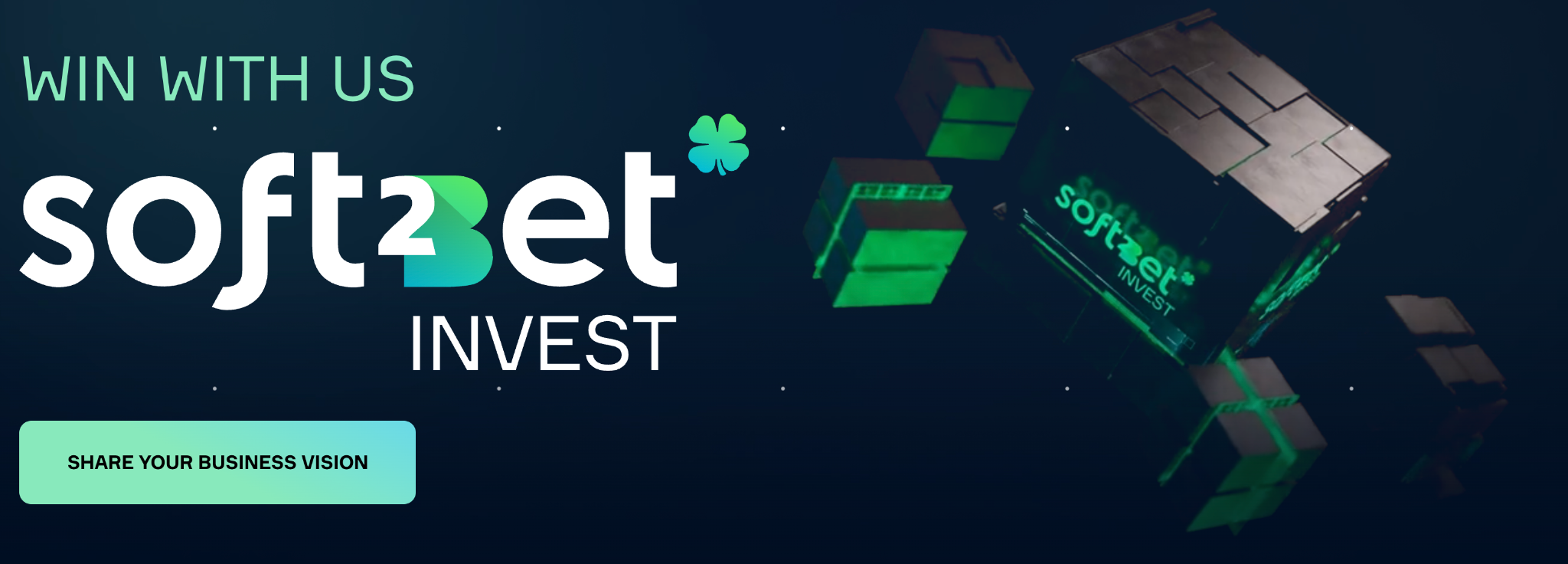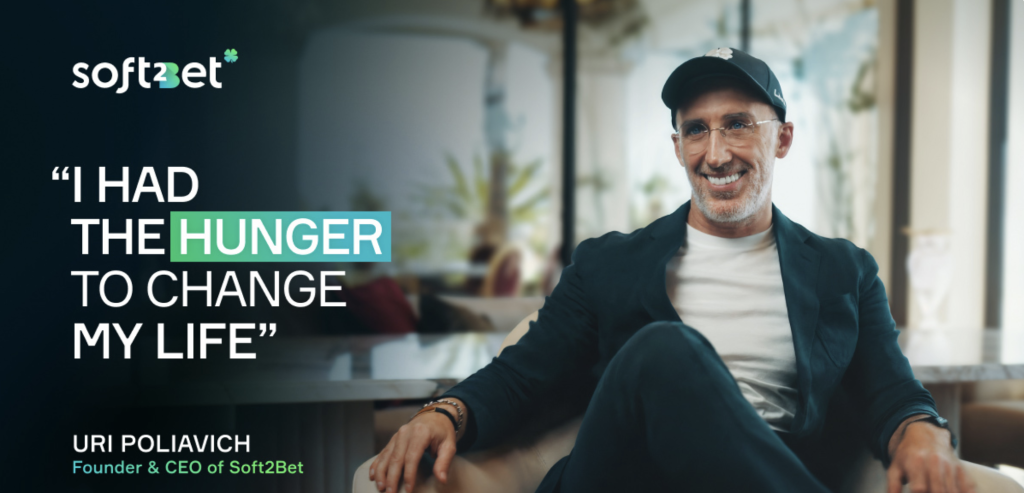Not every founder thinks beyond the next big launch. In fact, most are so focused on growth charts and market entries that they rarely lift their heads up to ask, “What can we give back?” But with Soft2Bet, the story has always been a little different. The company has expanded into global markets, opened offices in Cyprus and Malta, and built a platform with real staying power — but behind all that is Uri Poliavich, a founder who never forgot what it means to come from less and to turn success into something that helps others. His story is as much about philanthropy as it is about business, and that’s what makes the Soft2Bet journey stand out.
CEO’s Perspective on Leadership
Uri Poliavich doesn’t lead from a pedestal — he leads by example. He believes that a business should reflect deeper values, not just chase profits. As he’s put it: “Most people think that business drives charity initiatives, but for me, charity drives business pushing it forward.”
That line tells you a lot about how he sees leadership: not just as managing teams or targets, but as weaving purpose into every decision. The same clarity, thoughtfulness, and consistency you see in Soft2Bet’s growth come from that kind of leadership — one where doing the right thing isn’t an afterthought, it’s part of how you move forward.
The Yael Foundation: Education as a Lifeline
The Yael Foundation was launched in 2020 by Uri and his wife, Yael, with one mission: to make Jewish education accessible worldwide. The scale is impressive, but what’s more striking is the focus. The foundation supports schools, teachers, and families in a way that creates real opportunity rather than short-term fixes. Its work is already leaving a mark:
- Over 100 educational initiatives supported across nearly 40 countries.
- More than 13,000 children reached with programs that connect them to identity and learning.
- Funding for infrastructure, teacher training, and tuition to keep access wide and consistent.
Uri has said that identity and opportunity go hand in hand — when young people understand where they come from, they’re better equipped to shape where they’re going. That’s what the Yael Foundation is really about: giving kids not just classrooms but confidence, not just lessons but roots. It’s philanthropy as empowerment, not charity, and that’s a key difference.
The Innovation Fund: Helping Ideas Grow
Another arm of Uri’s giving is the Innovation Fund, which looks at philanthropy through the lens of entrepreneurship. Instead of only supporting existing charities, the fund puts resources into people with ideas. Especially young entrepreneurs who may have ambition but lack access to networks or capital. The fund doesn’t just hand out money — it provides mentorship, early-stage backing, and practical tools. And in today’s gaming space, that kind of support is more critical than ever:
- Rising compliance costs – New regulations mean startups burn through budgets just to meet entry standards.
- Expensive technology stacks – Cloud, security, and AI tools are powerful but pricey for small teams.
- Global competition – Young innovators are often up against well-funded giants from day one.
- Talent retention – Without early support, startups lose their brightest people to safer corporate jobs.
- Innovation gaps – Big firms tend to play safe, so fresh ideas usually come from smaller players who need early help.

The Soft2Bet Foundation: Giving With Structure
Over time, the philanthropic work around Soft2Bet became too significant to leave informal. That’s why the Soft2Bet Foundation was created. It directs support toward healthcare, education, and local projects, while giving staff chances to take part. The goal is to make giving a regular part of the company’s life, not just a once-in-a-while effort.
At the heart of it, Uri Poliavich’s vision reminds us that business should leave more behind than numbers. Growth charts and markets matter, but they’re not the whole story. What really defines success is the impact made on people and communities along the way. And helping others isn’t something you tack on once you’ve “made it” — it’s something you build into the system from the very beginning.





















